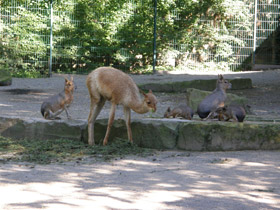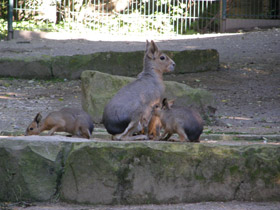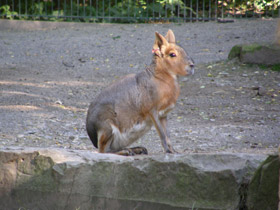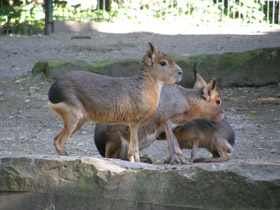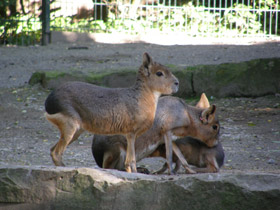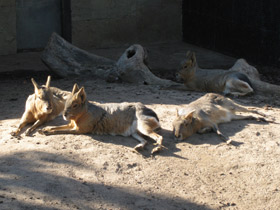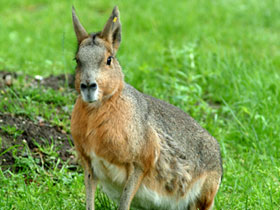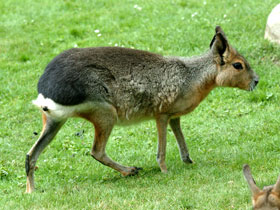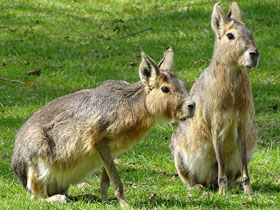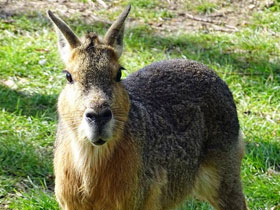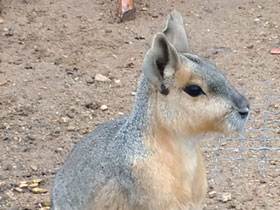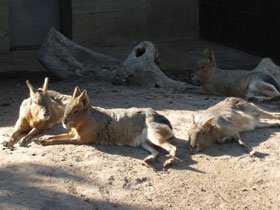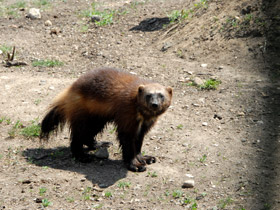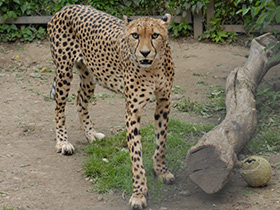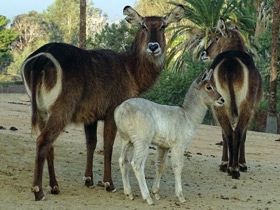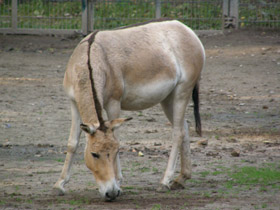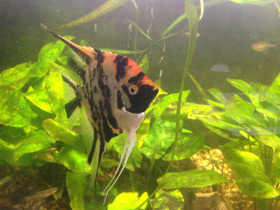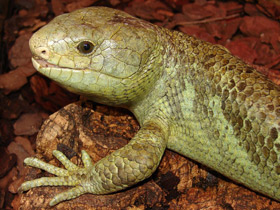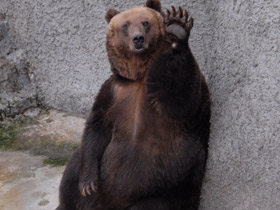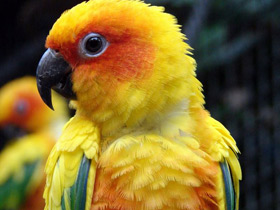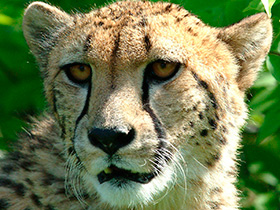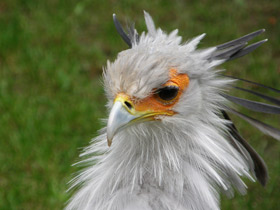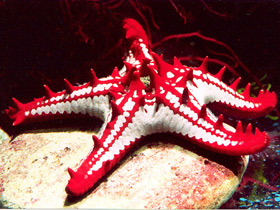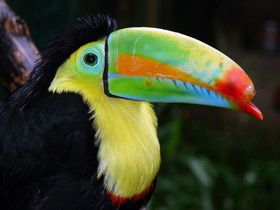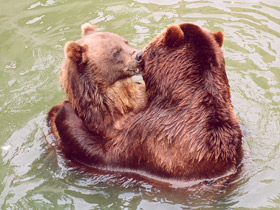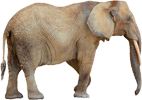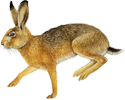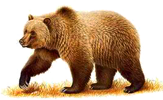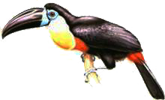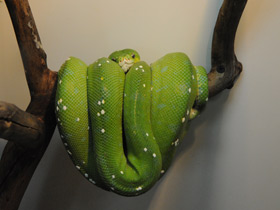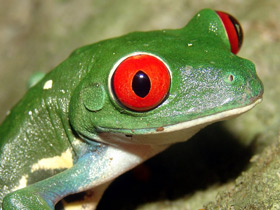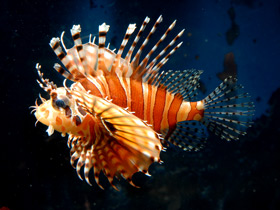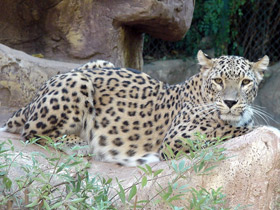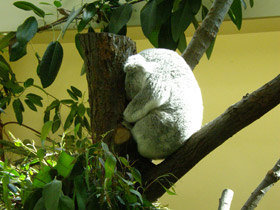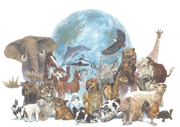The Patagonian mara Dolichotis patagonum
Patagonian mara видео
The Patagonian mara (also known as Patagonian cavy, Patagonian hare or dillaby) occurs only in the arid central and southern regions of Argentina. The Patagonian mara is the fourth largest rodent in the world after the capybara, beaver, and porcupine. This animal has a size of an average dog: its body length is about 70 cm, height reaches 50 cm, and weight ranges between 12 and 16 kg. With its dense, grayish-brown fur, large snout, large black eyes, and long, thick eyelashes, the Patagonian mara slightly resembles a hare. Maras have long, strong legs and short ears. These animals are well adapted for running: their powerful hind limbs end in three digits, each bearing a hoof like claw. Patagonian maras live in small groups consisting of up to 15 individuals. They are mostly active in the daytime when they leap in pampas in search of food. At night, they disperse and hide in the burrows that they dig in the ground. Maras may also use abandoned burrows of other species. Patagonian maras living around human settlements are mostly crepuscular. Patagonian maras feed on a wide variety of vegetation. They do not need regular consumption of water as they obtain most of necessary liquid from food. The incisors of these unusual rodents grow continuously and the animals have to sharp them, gnawing on hard stems. Maras are not territorial but they tend to avoid encounters with members of other groups. However, a few pairs of these animals could be seen foraging together in areas with abundant food.
Patagonian maras breed once a year, with two litters per year being less common. After gestation period of about 80 days, female gives birth to 2-8 offspring weighing 481 to 733 grams. Young are born well-developed, with open eyes and strong legs; they are able to run fairly fast almost immediately after birth. This capability is very important for the mara young because they have many enemies.

















